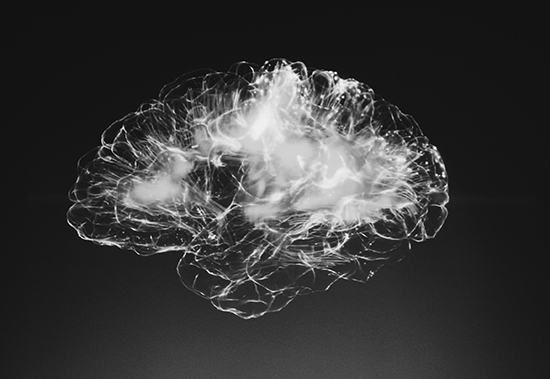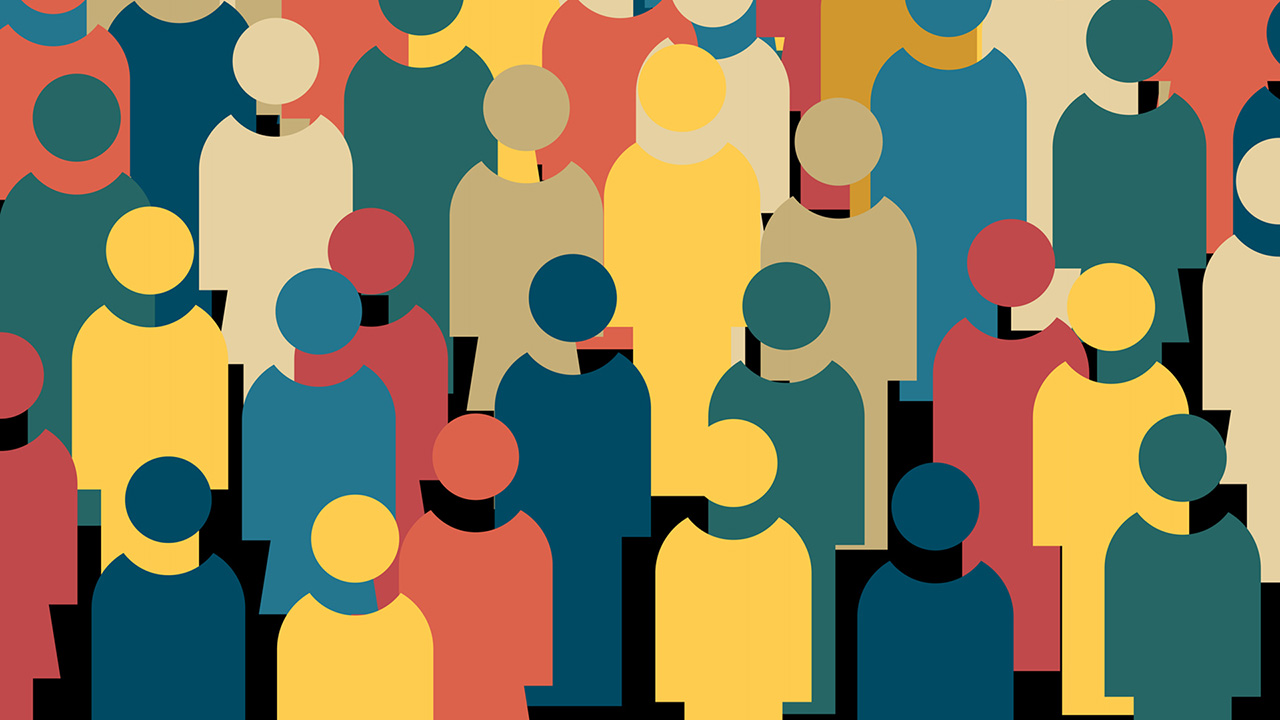Artificial intelligence, and the chatter about it, comes from everywhere. From apps on your phone to the antagonist in movie after movie to Common pacing your TV during every other commercial, you can’t escape A.I. — which, we know, sounds exactly like the plot of a movie.
But aside from the pop-cultural iterations, A.I., automation, and a sphere of related technological advances press in on us. An endless stream of books and articles. Conferences, like last year’s Atlantic Fest on the “future of work in the age of A.I.” Even government action: In February, president Donald Trump ordered an initiative to promote A.I. innovation. In all this, two dominant narratives play out: of promise and of concern.
The promise is for a smorgasbord of benefits for individuals and society. More reliability. Lower costs. A better world. The concern is for the social, even human, cost. Job loss among less educated workers. Desolvation of an entire class of the workforce, some fear.
To say most of us live somewhere in the middle isn’t quite right; in reality, most Americans seem to live in confusion and contradiction when it comes to the A.I. rise. Studies by Gallup suggests most American workers are both optimistic and unsettled by it.
More than three-quarters of Americans say A.I. will “change the way people work and live,” and overwhelmingly (77 percent) they think these changes will be positive. At the same time, about the same number of people (73 percent) assume A.I. will result in net job loss and (at a lower 63 percent) suspect that the jobs generated by A.I. will widen the rich-poor income gap.
In the workplace, you’re likely to hear truisms like, “Companies must learn to adapt.” But the workers who make up these companies aren’t sure how to pull that off. Less than 20 percent of workers in the study are “extremely confident” they will be able to “secure the training” to keep up. Basically, Americans seem to think the artificial intelligence boom will be good, but it will also take their jobs, perhaps irrecoverably.
The point is this: Odds are you’re thinking about A.I. and odds are you’re not really sure what to think. That’s why we talked to experts from a spectrum of perspectives and professions to help you think about the question, How will A.I. really change the way we work?
‘The expert and the A.I. will enter into a partnership.’
Artificial intelligence in the form of machine learning is going to be used in every phase of work, from making plans to evaluating the outcomes. In so doing it’s going to revolutionize our basic ideas about how we manage the future: Rather than always looking for broad trends and generalizations we can understand and apply, we’ll let the data speak, revealing the world as a massive, interdependent complex system composed of details and dust. This is an epochal change in our human self-understanding.
There will be disruptions, of course, especially for jobs that have depended on human intuition or some forms of expertise. Human intuition often is very unreliable. Where A.I. can avoid some of our prejudices and biases, we’ll quickly get used to using it. It will not be anywhere near as quick at replacing domain experts. In many cases, the expert and the A.I. will enter into a partnership, with the human asking the questions and deciding what to make of the answers.
David Weinberger is a researcher at Harvard’s Berkman Klein Center for Internet & Society. His new book, Everyday Chaos: Technology, Complexity, and How We’re Thriving in a New World of Possibility came out in April.
‘A global jobs crisis in the not-too distant future.’
I foresee a jobs crisis for humans at some point in the not too distant future. Because of that, variations of UBI (universal basic income) will be used by society to deal with the crisis. There will still be jobs for the creative people and those who are in management and technical areas. The unskilled will be most affected by the loss of jobs.
Automation is relentless; it cannot and will not be stopped. Even in countries like India where unemployment is much higher than the U.S., robots are replacing human jobs. Several things will be tried: The social safety net will be made broader. More money will be spent on education of the underprivileged and there will be pressure to bring down population growth faster.
Subhash Kak is the Regents Professor of Electrical and Computer Engineering at Oklahoma State University–Stillwater. He writes about the future of technology.





